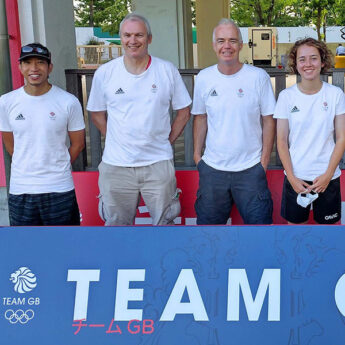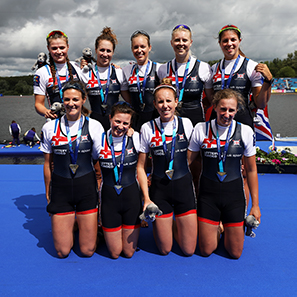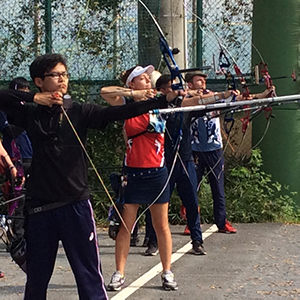There are less than five years to go before the Tokyo 2020 Olympic and Paralympic Games, and this major event of worldwide importance will be a formidable opportunity for Japan as it will attract many visitors from all over the world.
“Although representing a major resonance opportunity, large-scale mass gatherings such as the Olympic Games present health challenges to the host country, including public health issues and potential increased stretch on the health system of the city, country or region in which they are held”, according to Pierrick Rollet, vice president of global strategic partnerships and joint ventures at GlaxoSmithKline Vaccines.
Millions of people are expected to descend on the city in the run up to the Games. With such mass gatherings comes potential risks for transmission of infectious diseases, airborne spread of microorganisms or public health threats and concerns. Among these are bio-defence scares. Some—such as bio-terrorism—are caused by humans, while others, including influenza pandemics and severe acute respiratory syndrome, occur naturally.
This presents an opportunity for those in the industry to form partnerships to help ensure public health-bio-preparedness planning and a safe Games.
“We are also involved in partnerships across a number of public health priority programmes for vaccines, including flu pre-pandemics vaccines. We have a track record in helping to deliver Games and other large events”, Rollet added.
“GSK was the Official Laboratory Services Provider to the 2012 Games in London, working with partners to provide facilities and equipment to enable expert analysts from King’s College London to independently operate a World Anti-Doping Agency accredited laboratory.
“As a science-led global healthcare company that produces drugs and vaccines, GSK is committed, looking towards the Tokyo 2020 Summer Olympic and Paralympic Games, to share its experience of public health planning and making partnerships with global health organisations such as UNICEF, WHO, GAVI and governments across the world”, he added.
From previous international events, the city is also in a position to learn lessons on managing public health risks. The influenza virus, for instance, was reported at the 2002 Winter Olympic Games in Salt Lake City and the World Youth Day gathering in Sydney in 2008.
“The risks I mentioned may provoke emergency actions and accelerated responses from many stakeholders, often in an uncoordinated way”, Rollet said. “Public health planning and responses are, therefore, an essential part of the overall planning stage of big events”.
Indeed, disease awareness and the provision of sufficient health services, will be vital before, during and after events such as Tokyo 2020.
“Additionally, lessons can be learnt from past public health crisis outbreaks in terms of health policy planning and measures”, Rollet explained. “For example, in response to the ebola outbreak, the industry was able to respond in six to seven months with what is done usually in six to 10 years.
“This was a fantastic achievement but, at the same time, such a long response might not be adequate if a crisis situation occurs during the Olympics and the disruption it provokes is enormous and unsustainable. We cannot have that as a model.
“The disruption and consequences of these potential risks can be significant for the economy, national security or even the everyday life of the host country as they can potentially lead to a significant reduction in the consumption of services, disruption to public transport or closure of schools, to name a few negative outcomes. The key learning is the critical need for sufficient preparedness”, he said.
If international initiatives, combined with experience from London 2012, can be taken as a guide, Tokyo 2020 is expected to draw 10,000 athletes from over 200 countries. Moreover, the city’s population—currently at some 38mn inhabitants—will swell further when visitors for the Games arrive. With that increase in numbers comes a potential increase in threats to public health.
“GSK is seeking to share its experience and expertise in providing support for public health and bio-preparedness planning associated with such large mass events around the world and in Japan”, Rollet said. “Science can play a positive role in sport, and contribute to the health of those involved”.





